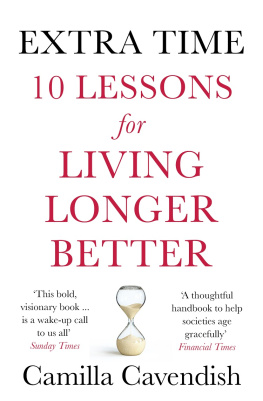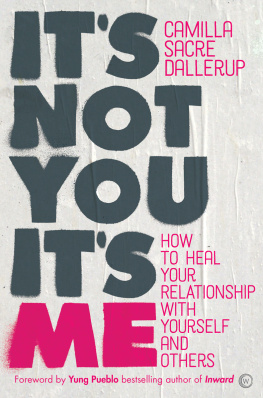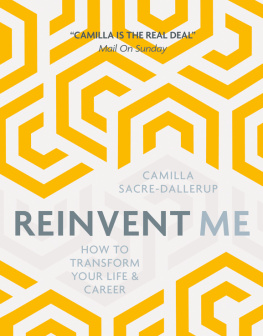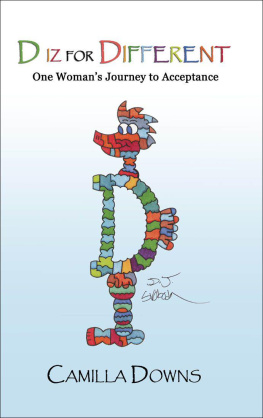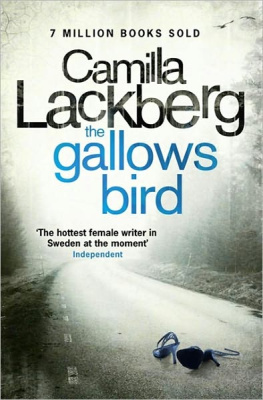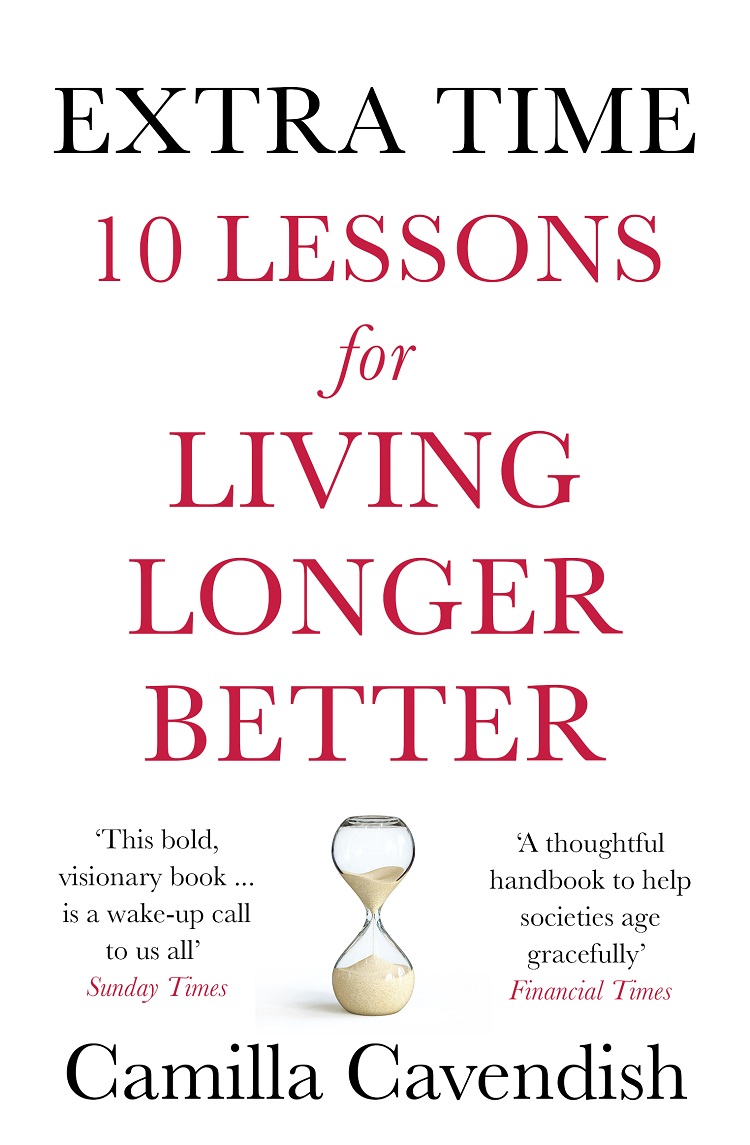IN 2018, A DUTCHMAN began a court battle to make himself legally 20 years younger. Emile Ratelband, 69, told a court in Arnhem in the Netherlands that he did not feel comfortable with his official chronological age, which did not reflect his emotional state and was preventing him from finding work, or love online. He wanted to change his date of birth from 11 March 1949 to 11 March 1969.
Doctors had told him that his body was that of a 45-year-old, Ratelband argued. When I m 69 , he said, I am limited. If Im 49, I can take up more work. When Im on Tinder and it says Im 69, Im outdated. His friends had urged him to lie, he claimed, but if you lie, you have to remember everything you say.
Ratelband compared his quest to be identified as younger with that of people who wish to be identified as transgender implying that age should be fluid. He said his parents were dead, so could not be upset by his desire to turn back the clock. He even offered to waive his right to a pension.
Ratelband, a positivity coach, is a provocateur who enjoys attention. The court turned him down, ruling that an age change would have undesirable implications for legal rights, such as the right to vote. But this seemingly frivolous case actually illustrates something profound: we are on the cusp of an entirely new period in our history, which is coming at us fast.
This is the advent of Extra Time.
If you are in your fifties or sixties today, you have a very good chance of living into your nineties. If you play your cards right and have luck on your side, many of those years could be healthy and productive. Our chronological age is becoming decoupled from our biological capabilities.
In football, extra time is the period when theres everything still to play for. That will be true for many of us. Droves of people are unretiring and going back to work. Advances in biology and neuroscience will help us stay younger longer. But our institutions, and our societies, have not caught up. Ratelbands looks, his physical strength, his ambitions are out of kilter with what we traditionally associate with being 69. He feels compelled to go to the extreme lengths of changing his birth date. Why cant we, instead, just change our view of what it means to be 69?
The Fierce Urgency of 100
In 1917, King George V of England sent the first ever telegram to a centenarian. It was handwritten, and delivered by bicycle. In 2017, Queen Elizabeth II sent out thousands of 100th birthday cards, with a team of seven employed to administer them all.
The era of Extra Time will see a growing number of centenarians. The Office for National Statistics estimates that one in three babies born in Britain today will live to 100. Some scientists even think we could live to 150 (as we will see in ).
This should be a fairy tale. Instead, there are widespread fears that we are sitting on a demographic time bomb, with droves of elderly people about to bankrupt governments and hurt GDP. If people get less creative as they age, and stop work around 60, economies could slump and younger generations could face crippling taxes.
But it doesnt have to be that way. More and more people, like Emile Ratelband, have no desire to retire. Fears about the declining ratio of workers to pensioners rest on the official definition of working age, as 1564. But David Hockney became the worlds foremost iPad painter at 76; Tina Turner made the cover of Vogue at 73; Yuichiro Miura climbed Everest aged 80. Warren Buffett is still investing in his eighties and David Attenborough is making hit TV series in his nineties. Behind them stride loads of ordinary people who see Extra Time as an opportunity, who are starting businesses and are highly productive. They can defuse the time bomb.
Will they be fit enough? When a football match goes into Extra Time, theres a premium on fitness. Here, the omens are pretty good. Todays seventy-somethings are sprightlier than ever before, and the incidence of dementia is falling. There is work to do, though, on health inequalities. Increases in life expectancy have slowed in the UK,
Globally, demographers think these dips in life expectancy are probably blips. The twenty-first century will be defined by people living longer, in societies which are growing older much faster than we have fully realised. But are they ageing faster? Only if you cling to out-of-date notions of what it means to be 50, 65 or 80.
Islands of Extra Time
On the Pacific island of Okinawa, there is no word for retirement. The longest-living women in the world are still caring for great-grandchildren when they hit their 100s. Okinawans are rarely lonely, because they are supported by a network of friends, the moai, who are committed to share both good times and bad. The typical Okinawan house doesnt have much furniture: people tend to eat sitting on the floor, so they are getting up and down many times a day. They also have a strong sense of ikigai, roughly translated as reason for being. My Japanese friends tell me that you find your ikigai at the place where your values intersect with what you enjoy doing, and what you are good at.
Okinawa is one of the Blue Zones, the parts of the world identified by researcher Dan Buettner, where people have low rates of chronic disease and live exceptionally long lives. While its not possible to distil a single magic ingredient, common to all Blue Zones are plant-based diets with very little processed food, strong friendships and a sense of purpose, lots of sleep and strenuous physical activity.
We cant all live on islands, getting up with the sun and tilling the soil. But the Blue Zones do suggest that what we think of as normal may be a very poor version of what our natural selves could be. And that is incredibly positive.
Why I Wrote This Book
I started writing this book in 2016, after my beloved father died. He had dreaded getting old, so much so that it whittled down his life much too early. I remember his gloom on his fiftieth birthday. As we sat together on his favourite cliff in Cornwall, watching the waves break below, he said he felt that everything was over . I was a child, and 50 was older than I could imagine. But I did notice, from that point on, that my father started to think of himself in a different way. He would say Oh, Im too old for that with a sigh. After my mother left him, he refused to get a cat, although he adored them, on the basis that it might outlive him and be left homeless. He was 58 when he got divorced, and missed our two cats, Arthur and Merlin, most terribly (they went with my mother in the divorce, along with a hotly contested dining table). He ended up living, in largely excellent health, to 86. And he lived all that time without cats, who could have kept him company.

